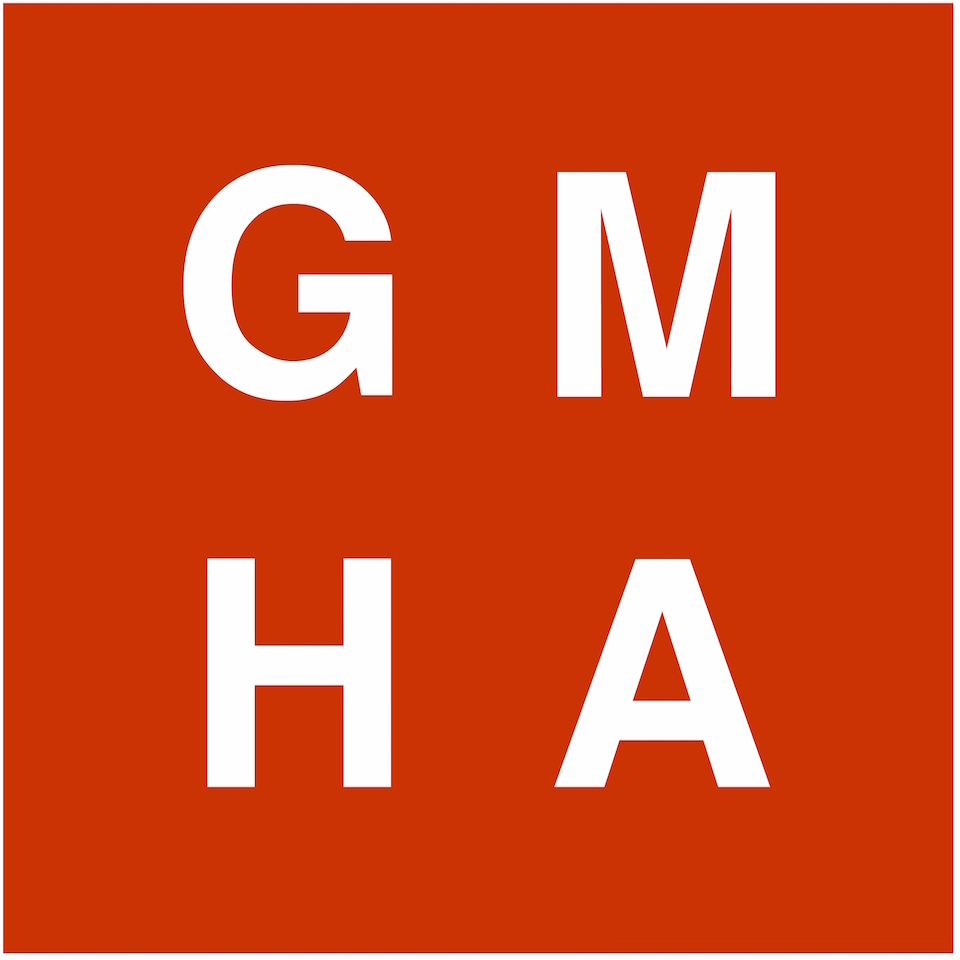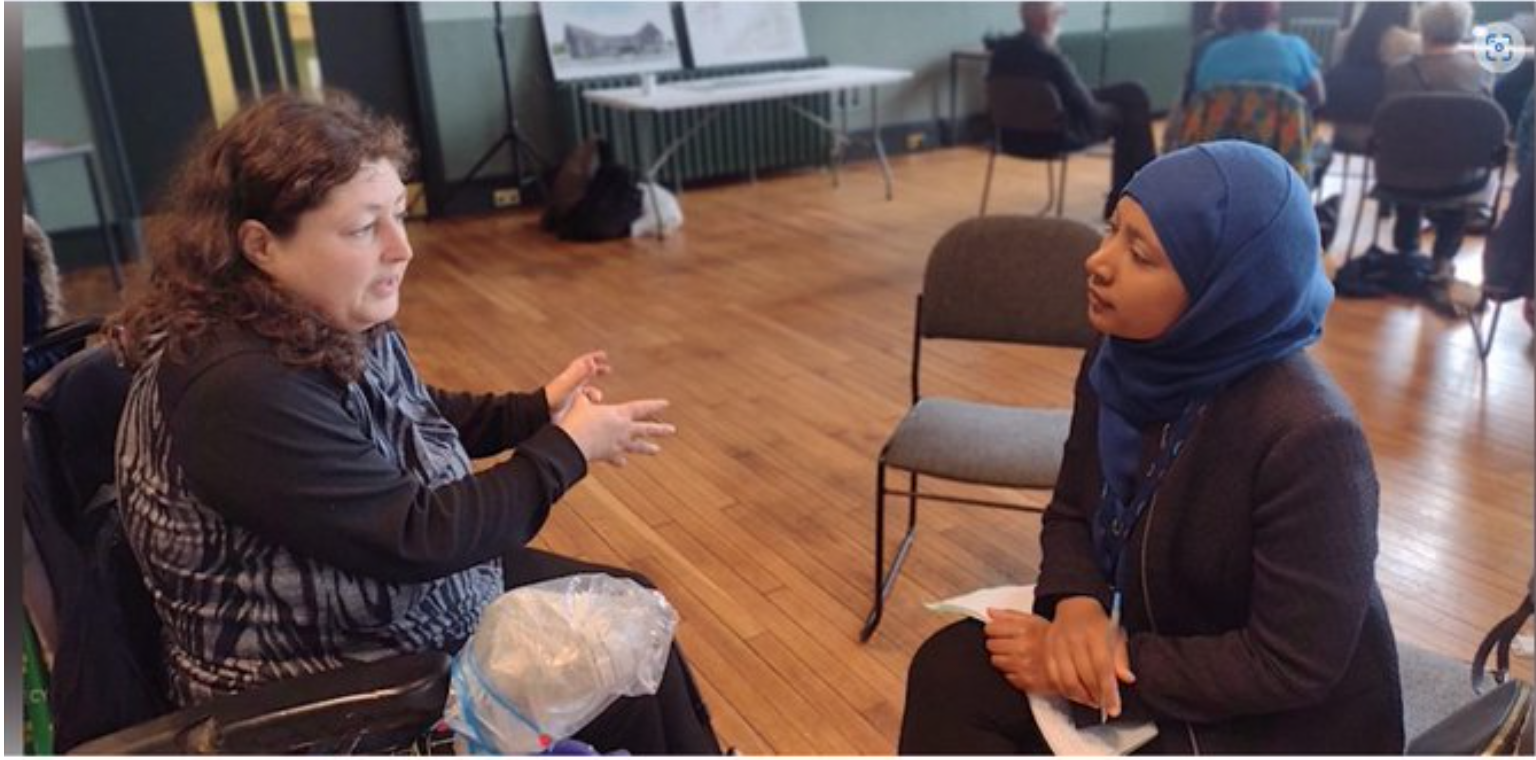By Greater Manchester Housing Action
A new report by researchers from the Universities of Manchester and Sheffield, in collaboration with Greater Manchester Housing Action, raises concerns about the privatisation of Council-owned land in central Manchester.
The report highlights a lack of transparency around public land deals and questions whether Manchester City Council is getting value for money when disposing of its land assets to private developers. The report estimates that Manchester may be paying nine times more for land in the rapidly gentrifying neighbourhoods of Ancoats and New Islington than it has received in revenue for land in the same neighbourhood. In some cases, prime city centre land appears to have been leased to developers for hundreds of years for free, or a nominal amount of £1.
The researchers ask additional questions about the use of public land to build luxury apartments that are unaffordable to the majority of Manchester’s residents. Despite the Council’s own policy that all new developments should include 20% affordable units, the report identifies numerous developments on public land that contain no social or affordable housing.
One striking case identified by the researchers is ‘Oxygen’: a £82 million, 32-storey luxury apartment complex that includes a gym, cinema room, 25-metre swimming pool and 5-star spa. According to data obtained by the researchers through the Freedom of Information Act, and cross-references with Land Registry data, the Council leased land that matches the address of the Oxygen site to Store Street Developments (a company registered at the address of the Property Alliance Group) for a total of £1. No affordable or social housing provision is included in this development.
The report also raises concerns about the Council’s ‘Manchester Life’ partnership with Abu Dhabi United Group (ADUG), the private equity company owned by Mansour bin Zayed Al Nahyan, Deputy Prime Minister of the United Arab Emirates. The report estimates that over 4 hectares of public land have been transferred to ADUG in order to build over 1400 housing units, none of which are classed as affordable On top of this, it has been reported in a Sunday Times investigation that the Council receives none of the rental income from Manchester Life’s property portfolio.
The report highlights three major issues regarding public land privatisation in Manchester.
- The lack of transparency around public land ownership and use in Manchester.
- Whether the Council is doing all it can to get value for money for the public when disposing of its land assets.
- The character of urban development that is enabled by public land privatisation.
The report calls for Andy Burnham to use his strong new mandate to follow the example of Liverpool City Region and establish a Greater Manchester Land Commission. This would mean that that representatives of the public, private and voluntary sectors and academia can develop proposals for how best to use public land in order to address social and environmental needs.
The research was undertaken by Dr Tom Gillespie (University of Manchester) and Dr Jon Silver (University of Sheffield) in collaboration with Greater Manchester Housing Action.
You can download the report here.
10 May 2021





